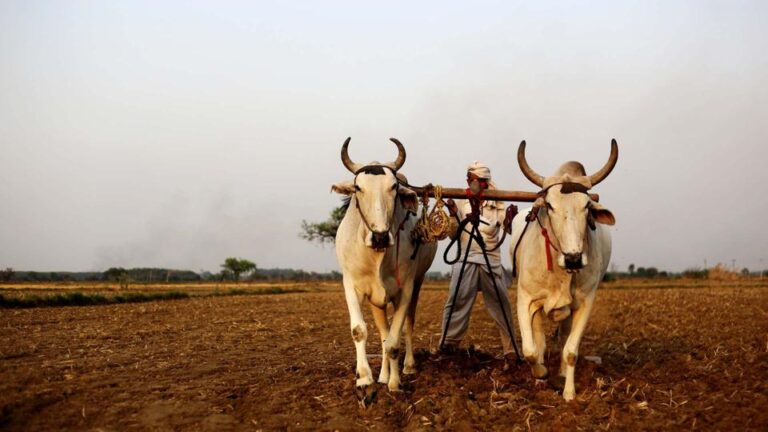GMOs Will Destroy Indian Agriculture and Harm the Health of 1 Billion Indians and Their Animals
Hybrid Bt cotton, the only commercialised GM crop in India, has failed conclusively. Based on this failure and the evidence on GM crops to date, the Union of India’s proposal to commercialise herbicide-tolerant (HT) mustard will destroy not just Indian mustard agriculture but citizens’ health.









